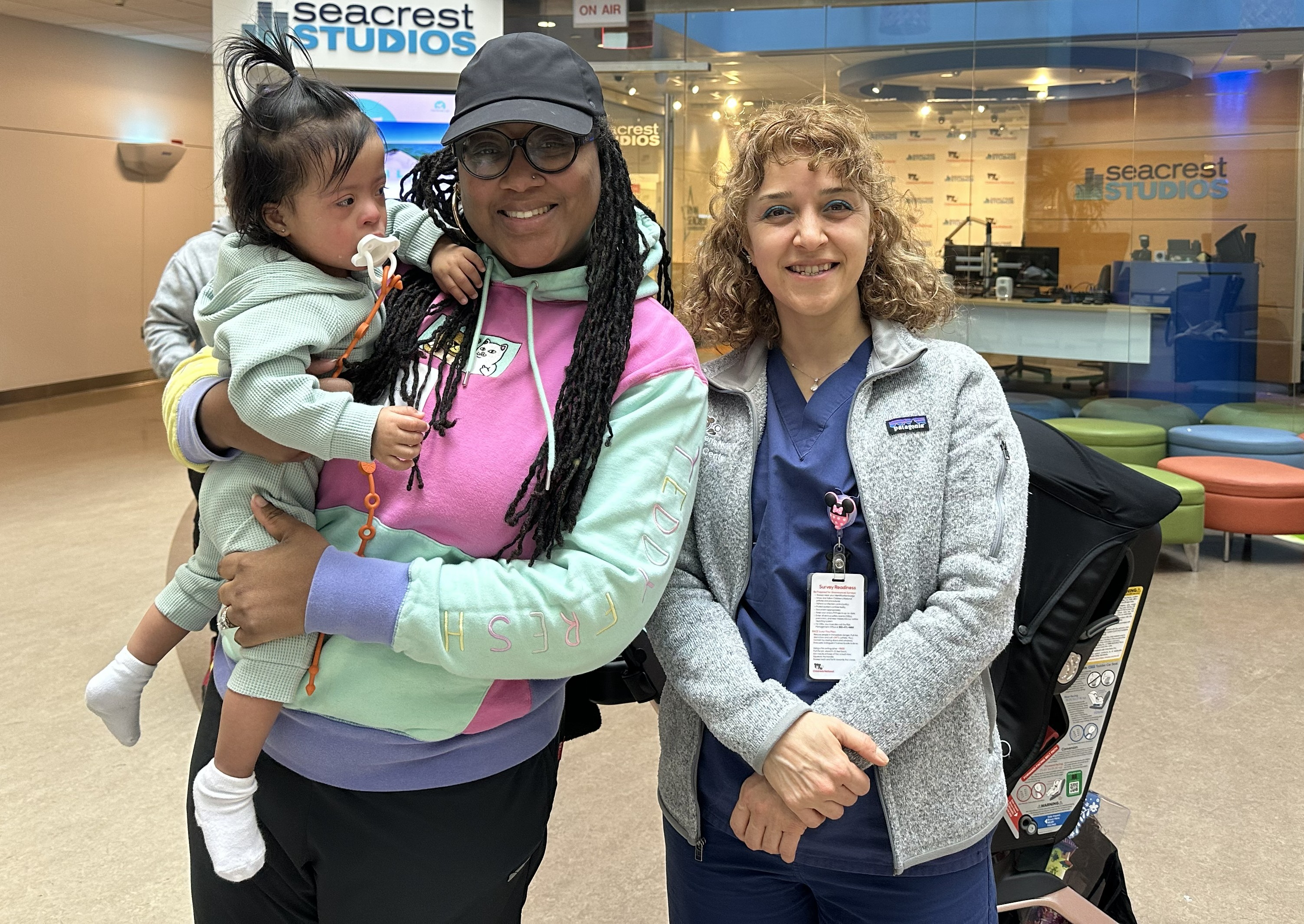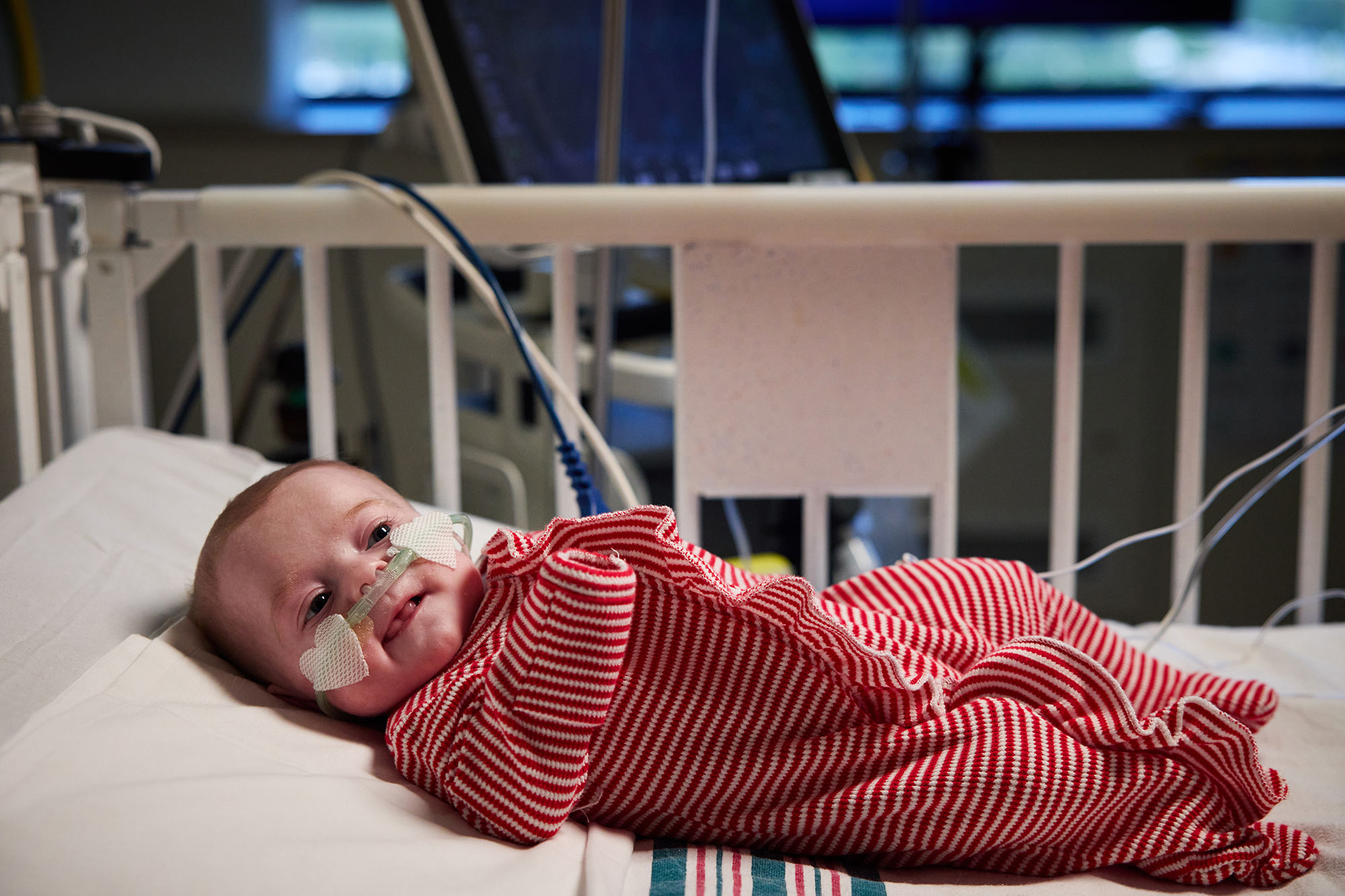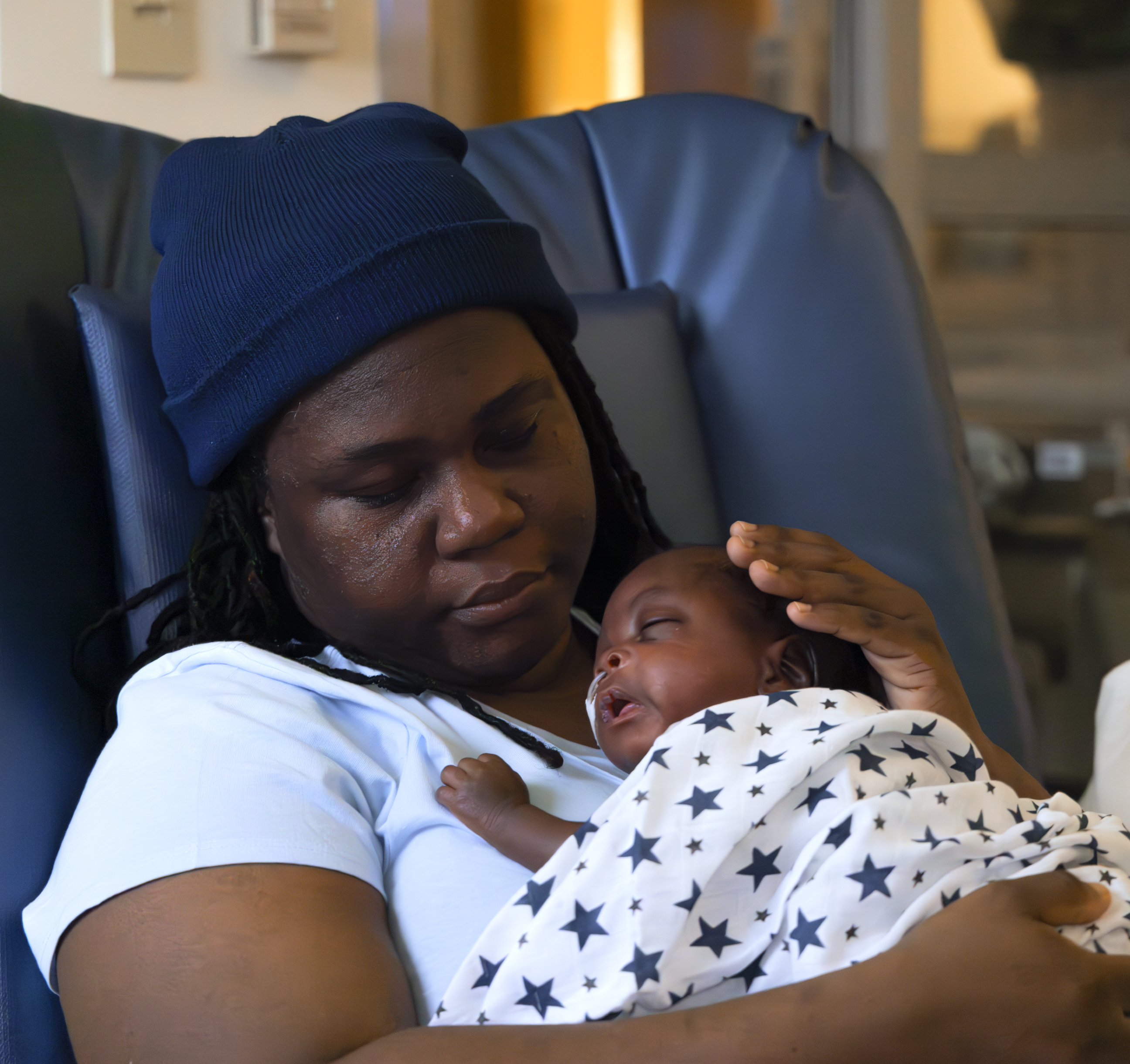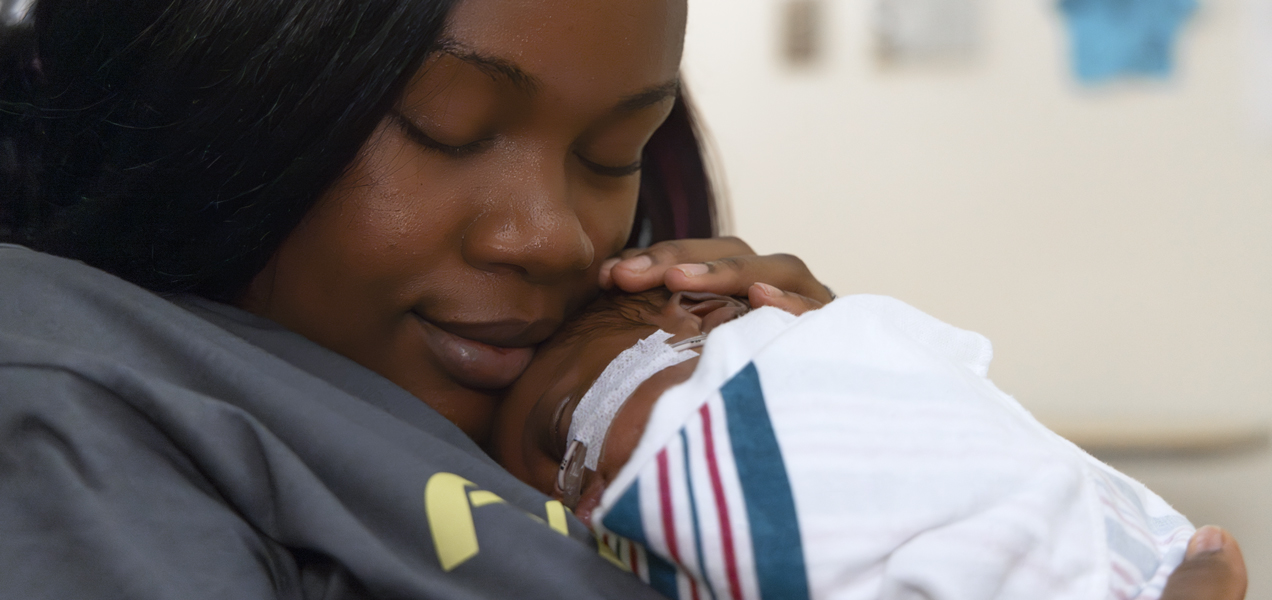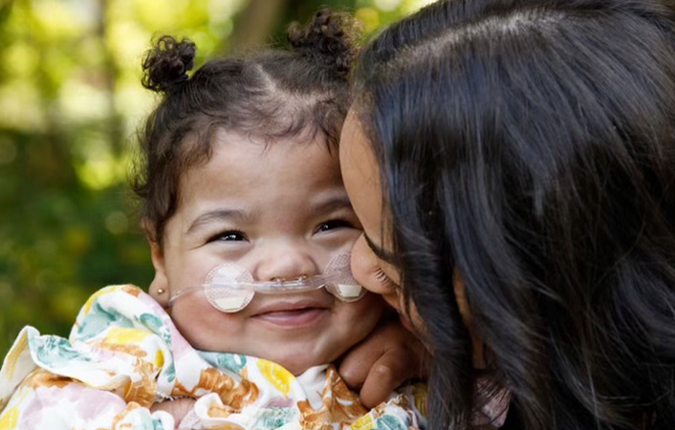Condition
Premature Infant
What You Need to Know
Premature infant is a baby born before 37 weeks of pregnancy.
Key Symptoms
The following are the most common symptoms of a premature baby:
- Small size. Premature babies often weigh less than 5 pounds, 8 ounces.
- Thin, shiny, pink or red skin depending on how early the baby was born. You may be able to see veins through the skin.
- Little body fat
- Little scalp hair. But the baby may have lots of soft body hair (lanugo) depending on how early the baby was born
- Weak cry and trouble breathing due to underdeveloped lungs
- Low muscle tone
- Male and female genitals are not yet fully developed
Diagnosis
Prematurity is defined as:
- Early term infants. Babies born between 37 weeks and 38 weeks, 6 days. These babies are early but not premature.
- Late preterm infants. Babies born between 34 weeks and 36 weeks, 6 days.
- Very preterm. Babies born at or below 32 weeks.
- Extremely preterm. Babies born at or below 28 weeks.
Treatment
Treatment may include:
- Corticosteroid medicine given to the mother before a premature birth to help the baby’s lungs and other organs grow and mature
- Watching the baby’s temperature, blood pressure, heart and breathing rates and oxygen levels
- Temperature-controlled bed or incubator
- Oxygen given by mask or with a breathing machine called a ventilator
- IV (intravenous) fluids, feedings or medicines
- Special feedings with a tube in the stomach if a baby can’t suck
- X-rays or other imaging tests
- Skin-to-skin contact with the parents (kangaroo care)

Schedule an Appointment
Our pediatric specialists provide personalized care for your child’s physical, mental and emotional health needs. Meet the providers who treat premature infants and schedule an appointment today.
Frequently Asked Questions
Explore frequently asked questions about premature infants.
Prevention and Risk Assessment
What causes prematurity?
What is prematurity?
Who is at risk for prematurity?
Can prematurity be prevented?
What are the symptoms of prematurity?
How is prematurity diagnosed?
How is prematurity treated?
What are possible complications of prematurity?
How is prematurity managed?
Departments that Treat Premature Infant
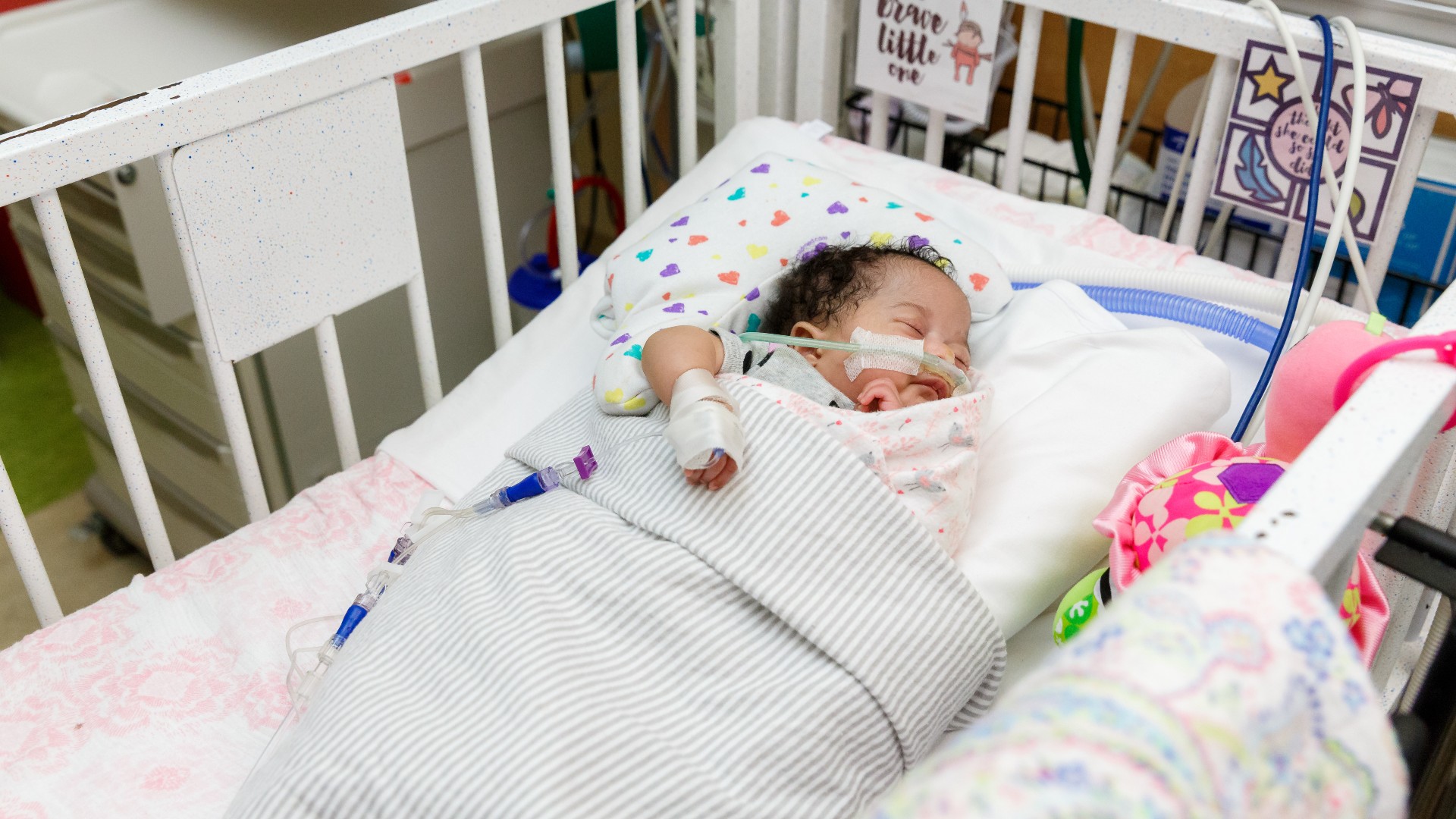
Neonatology
Whether your infant has arrived prematurely or has a critical illness, the top-ranked neonatology team at Children's National Hospital assists in coordinating every service you and your baby need, including consultations, assessments, emergency treatments and continuing care.

Help Kids and Make a Difference
Invest in future cures to help children have brighter futures.






